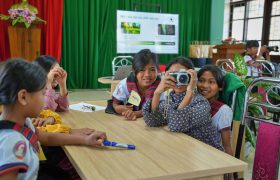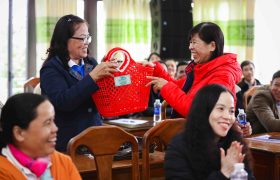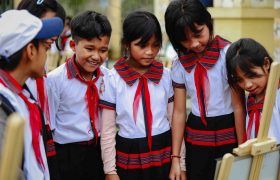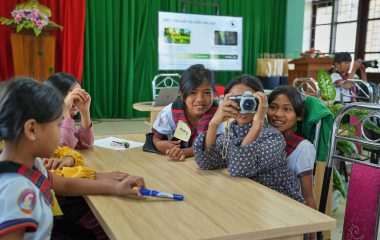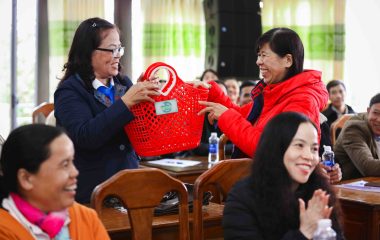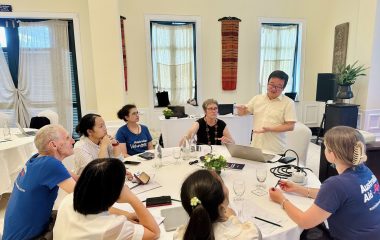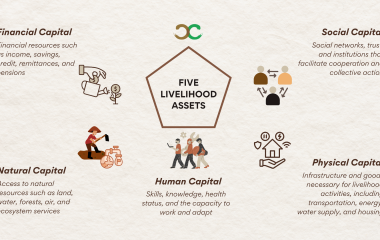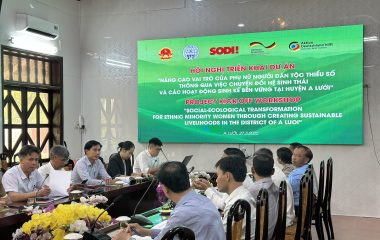Gatekeepers – The Role of Local Representatives in Social Reseach
- 31 October, 2024
- ckcvietnam
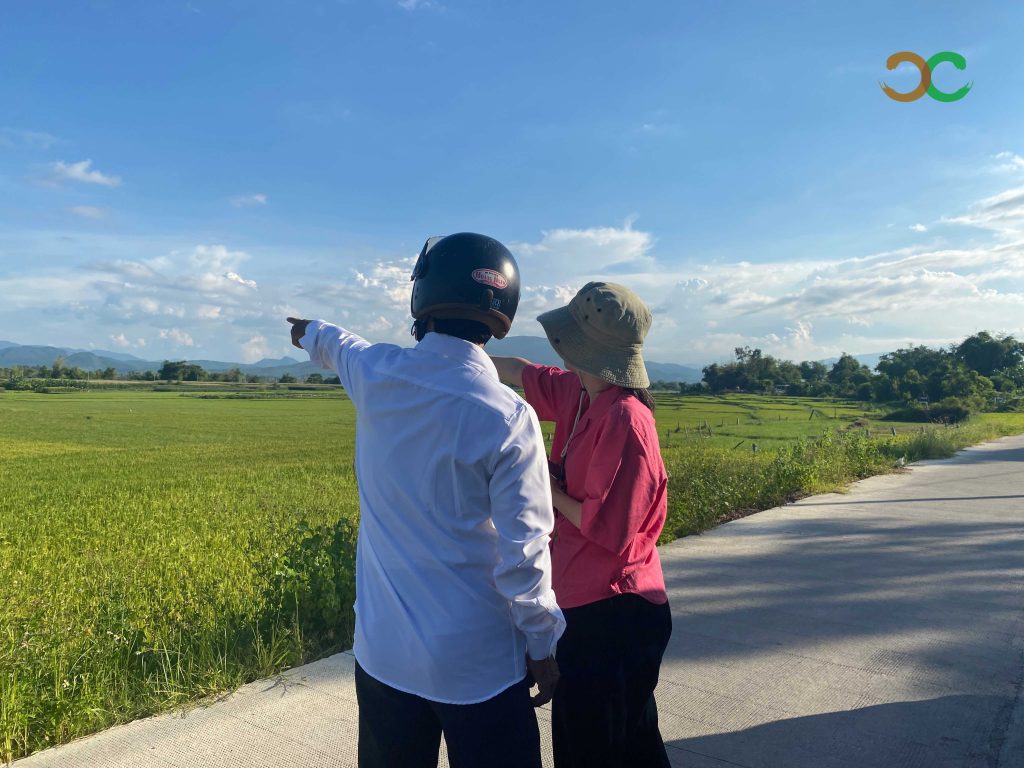
Gatekeepers are typically people who hold authority or control over access to a specific group or population. They can be categorized into two types: formal and informal. Formal gatekeepers have an official role or position that grants them control, while informal gatekeepers possess influence through personal connections or social status. In social studies, the role of gatekeepers significantly impacts the accessibility of research within a community. Therefore, ethnographers may need to make a concerted effort to develop transparent and positive relationships with any gatekeeper associated with the study participants.
In our social research projects, local representatives such as village heads or group heads are gatekeepers who play a decisive role in the success of the research. Therefore, CKC prioritises contacting the local representatives directly once on site. In this process, CKC focuses on discussing the goals and requirements of the survey, including the sampling process and survey content as well as understanding the local context. Then, the local representative will assist the researcher in the following tasks:
- Selecting and mobilising individuals or groups that are representative of the population. With their deep understanding of the local characteristics, they are able to reach the right people and encourage active community participation.
- Supporting the research process by giving clear guidance and building the rapport between researcher and local participants. This is a vital task, as the trust of participants lies not only in their involvement but also in their confidence that the information they provide will be used correctly and confidentially.
- Verifying and clarifying the information provided by participants, ensuring the data collected is accurate and reliable.
In special research contexts, such as studies involving ethnic minority communities, local representatives often serve not only as gatekeepers but also as interpreters for focus group discussions and individual interviews. Their dual role helps facilitate effective communication and ensures that the research process is culturally sensitive and accurate.
The close collaboration between the research team and local representatives ensures the accuracy of the data and contributes to building long-term trust between the community and the authorities. As a result, the research outcomes not only accurately reflect the community’s needs and aspirations but also lay the foundation for the sustainable development of the locality.
(Vu Ngo)

